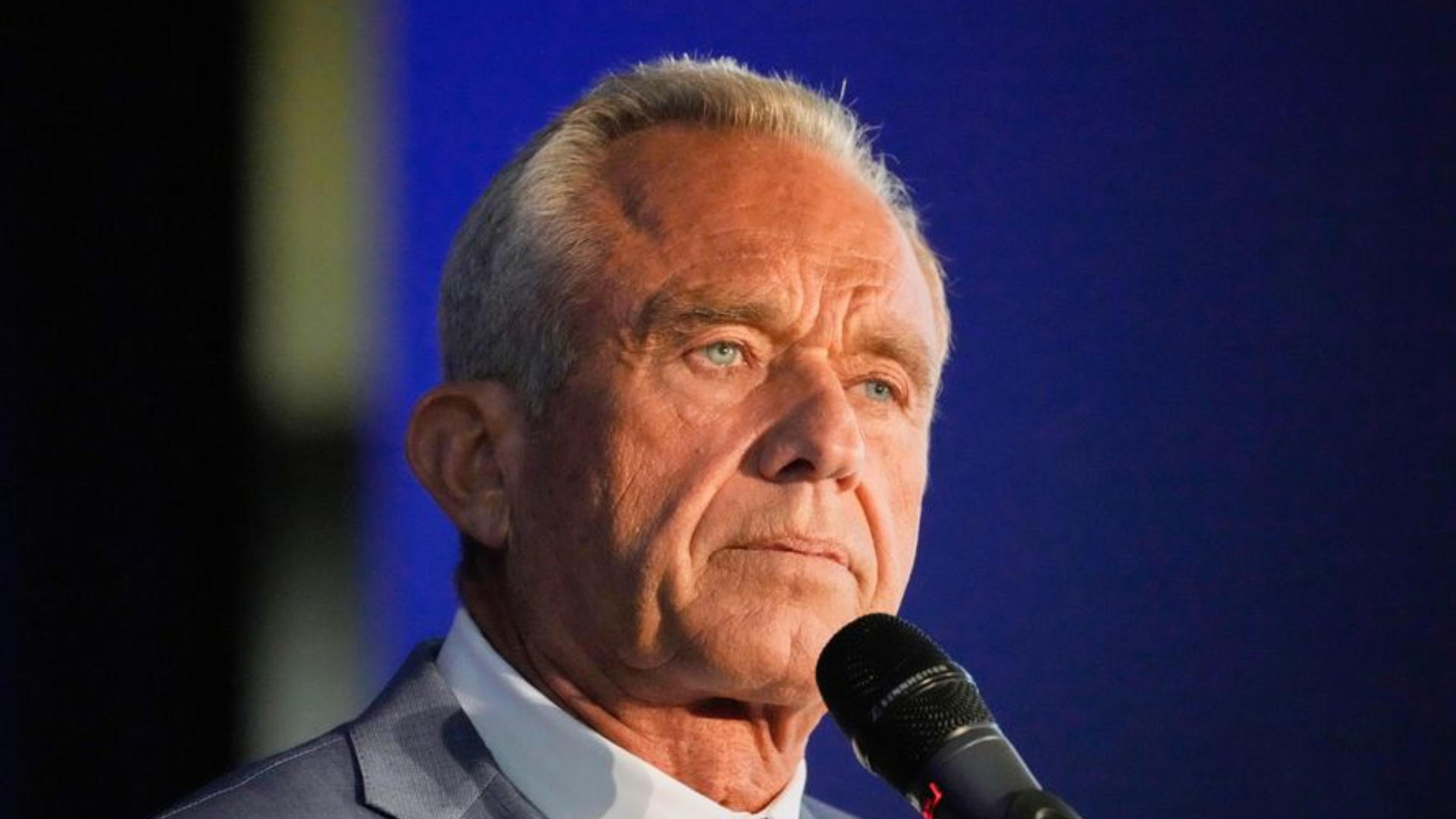INTERVIEW — ANDREW GROSSMAN — Andrew Grossman is a veteran of the Washington policymaking community with recognized experience in constitutional law and legal policy that he brings to his litigation practice
A Virginia delegate to the Republican National Convention who sued state officials over a law binding him to vote for Donald Trump on the first ballot next week in Cleveland scored a symbolic victory Monday when a federal court ruling blocked enforcement of the state law.
However, a convention rules expert told TPM that the decision’s effect on the “Never Trump” efforts to overthrow the presumptive GOP nominee was limited, if not more-or-less moot, and still depends on what happens at a closely-watched meeting of the convention rules committee later this week.
The delegate, Carroll Boston Correll, had alleged that a state law that bound Virginia’s delegates to the winner of the GOP primary there violated his First Amendment rights. He argued the law was in conflict with Republican Party rules, namely that delegates would be free to vote their conscience and that the state’s delegates would be allotted proportionally.
U.S. District Court Judge Robert E. Payne declined Monday in his opinion to adjudicate the former claim, as the “conscience” rules could be changed during this week’s convention rules committee meeting. Payne did say, however, that the state law was a “an unconstitutional burden on his First Amendment rights of free political speech and political association” because it forces Correll to violate the party rules that allocate the delegates proportionally.
According to Joshua Putnam, a a lecturer at the University of Georgia who runs the delegate rule blog FrontloadingHQ, Monday’s opinion doesn’t matter much because the state party already said its delegates were bound proportionally.
Putnam said Payne’s opinion was “a very narrow ruling striking down the prosecutorial ability” of the state attorney general, or anyone else who tried to bring charges against a delegate who goes rogue on the first ballot.
If RNC Rule 16—the rule that says that says Virginia’s delegates, based on the date of its primary, are allocated proportionally—isn’t changed in a major way by the convention rules committee this week, “then the delegates are going to be bound next week and that’s it,” Putnam said.
Still, Andrew Grossman, an attorney at BakerHostetler representing Correll, claimed victory in a phone interview with TPM.
“Delegates can’t be prosecuted or otherwise punished by voting as they see fit,” Grossman said. He alleged that the Trump campaign intervened in the case, via Trump-supporting delegates, to argue against Correll’s position and still lost.
A Trump spokeswoman did not respond Monday afternoon to TPM’s request for comment on the involvement of the Trump delegates and on the decision itself.
Grossman called Monday’s opinion a “rebuke of Donald Trump’s position that it would be illegal for delegates to choose to vote against him.”




















